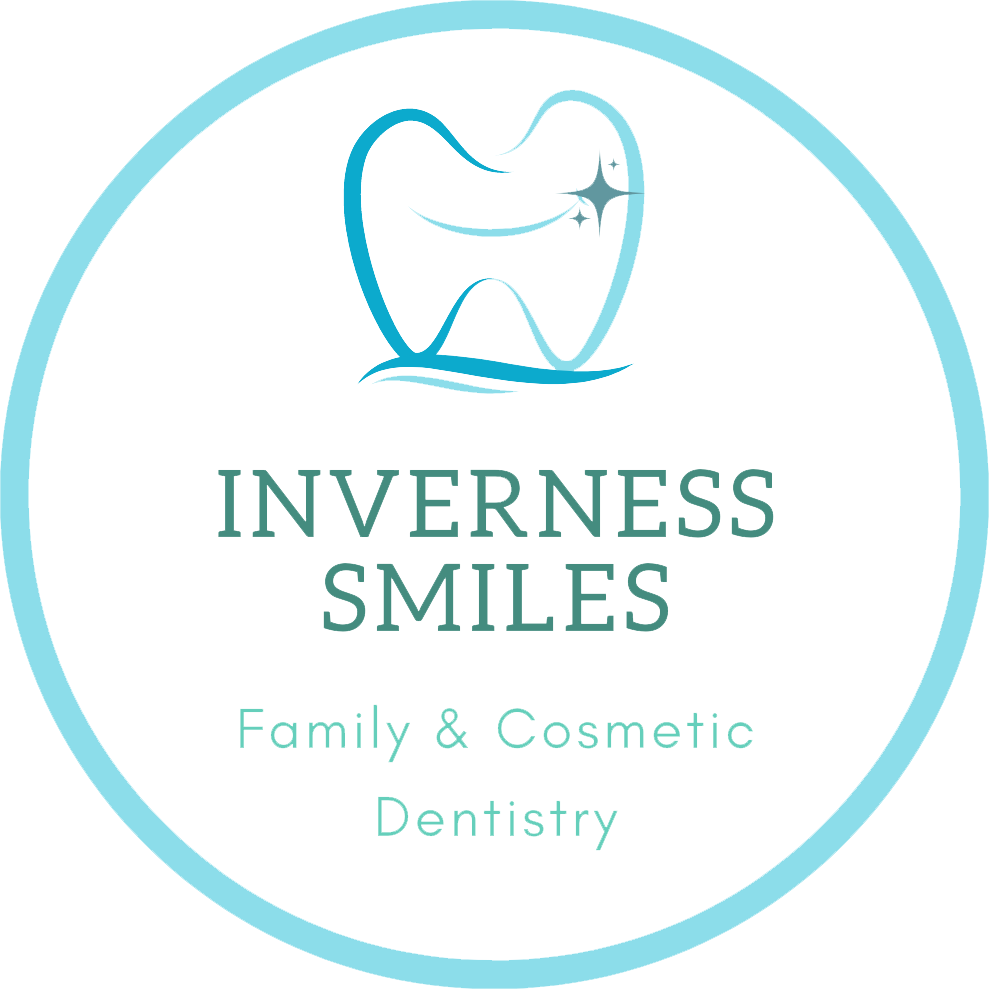![This is a thumbnail image of blog A Complete Guide: What to Expect on Your Routine Dental Examination This is a thumbnail image of blog A Complete Guide: What to Expect on Your Routine Dental Examination]()
A Complete Guide: What to Expect on Your Routine Dental Examination
Nov 26, 2023![Extractions in Birmingham, AL Extractions in Birmingham, AL]()
Tooth Extractions: Understanding the Procedure and Recovery Process
Feb 27, 2024![This is a thumbnail image of blog Did You Know That Good Oral Health Starts at Home? This is a thumbnail image of blog Did You Know That Good Oral Health Starts at Home?]()
Did You Know That Good Oral Health Starts at Home?
Nov 21, 2023![This is a thumbnail image of blog Don't Wait Until It's Too Late: The Benefits of Preventative Dentistry for Your Oral Health This is a thumbnail image of blog Don't Wait Until It's Too Late: The Benefits of Preventative Dentistry for Your Oral Health]()
Don't Wait Until It's Too Late: The Benefits of Preventative Dentistry for Your Oral Health
Apr 28, 2024![This is a thumbnail image of blog The Importance of Dental Bridges in Restoring Oral Function and Aesthetics This is a thumbnail image of blog The Importance of Dental Bridges in Restoring Oral Function and Aesthetics]()
The Importance of Dental Bridges in Restoring Oral Function and Aesthetics
Mar 27, 2024
5 Common Reasons For Tooth Extraction

5 Common Reasons For Tooth Extraction
Say goodbye to that tooth! Tooth extraction is a topic that might make some people cringe, but fear not; we're here to put your mind at ease. Whether you've experienced it firsthand or just heard whispers of the dreaded dental procedure, understanding why tooth extractions are necessary can help alleviate any fears or concerns you may have. In this blog post, we will explore five common reasons for tooth extraction and provide valuable insights into what you can expect during the procedure.
Common Reasons for Tooth Extraction
Tooth extraction is a common dental procedure that involves removing a tooth from its socket in the jawbone. While it may sound intimidating, there are several reasons why a tooth extraction may be necessary for your oral health.
- One of the most common reasons for tooth extraction is severe decay or damage to the tooth. When a tooth is extensively damaged and cannot be restored with fillings or crowns, extraction may be recommended to prevent further infection and pain.
- Another reason for tooth extraction is overcrowding. If you have too many teeth in your mouth and not enough space, it can lead to misalignment and crookedness. In these cases, extracting one or more teeth can create room for proper alignment through orthodontic treatment.
- Sometimes, wisdom teeth need to be extracted. These third molars often emerge during the late teens or early twenties but can cause various problems such as impaction, crowding, or infections due to their position at the back of the mouth.
- Periodontal disease can also necessitate tooth extraction. Advanced gum disease can cause bone loss around the affected teeth, leading to instability and loosening of those teeth. Extraction becomes necessary when saving them isn't feasible anymore.
- Trauma or injury resulting from accidents or sports-related incidents could require a tooth extraction if the affected tooth has been severely fractured beyond repair.
It's important to remember that every case is unique and requires professional evaluation by a dentist before deciding on any dental procedure like extractions. Your dentist will provide personalized recommendations based on your specific situation!
What to Expect During a Tooth Extraction Procedure
During a tooth extraction procedure, there are several steps involved that you can expect. First, your dentist will administer local anesthesia to numb the area around the tooth being extracted. This ensures that you won't feel any pain during the procedure.
Once the anesthesia has taken effect, your dentist will use specialized tools to carefully loosen and remove the tooth from its socket. In some cases, a small incision may need to be made in order to access the tooth more easily.
It's important to note that while you may feel pressure during this process, it should not result in any pain. If at any point you do experience discomfort, let your dentist know so they can adjust accordingly.
After the tooth is removed, your dentist will clean out the extraction site and place gauze over it to help control bleeding. They may also provide instructions on how to care for the area post-extraction and prescribe medication if necessary.
The entire procedure usually takes about 20-40 minutes depending on various factors such as complexity of extraction or number of teeth being removed.
Remember that every person's experience with a tooth extraction may vary slightly based on individual circumstances. It's always best to consult with your dentist beforehand so they can address any specific concerns or questions you may have about what to expect during a tooth extraction procedure.
Conclusion
Tooth extraction is a common dental procedure that may be necessary for various reasons. Whether it's due to severe decay, wisdom teeth complications, overcrowding, or damage from trauma or infection, extracting a tooth can sometimes be the best course of action to maintain overall oral health.
During a tooth extraction procedure, you can expect your dentist to take every precaution to ensure your comfort and safety. From local anesthesia to sedation options, they will carefully remove the tooth using specialized tools and techniques. While some discomfort and swelling may occur afterward, following post-extraction care instructions will help minimize any potential complications.
If you're concerned about needing a tooth extraction or are experiencing symptoms that warrant professional attention, it's crucial to schedule an appointment with your dentist as soon as possible. They will assess your condition thoroughly and recommend the most appropriate treatment option for you.
Remember that prevention is always better than cure when it comes to maintaining good oral health. Regular dental check-ups and proper oral hygiene practices can go a long way in preventing many of the common issues that lead to tooth extractions.
Understanding these common reasons for tooth extraction can help you make informed decisions about your dental health. By taking proactive steps towards prevention and seeking timely treatment when needed, you'll be on the path towards maintaining a healthy smile for years to come!
Visit Our Office
Office Hours
- MON8:00 am - 5:00 pm
- TUE8:00 am - 6:00 pm
- WED - THU8:00 am - 5:00 pm
- FRI8:00 am - 1:00 pm
- SAT - SUNClosed






comments